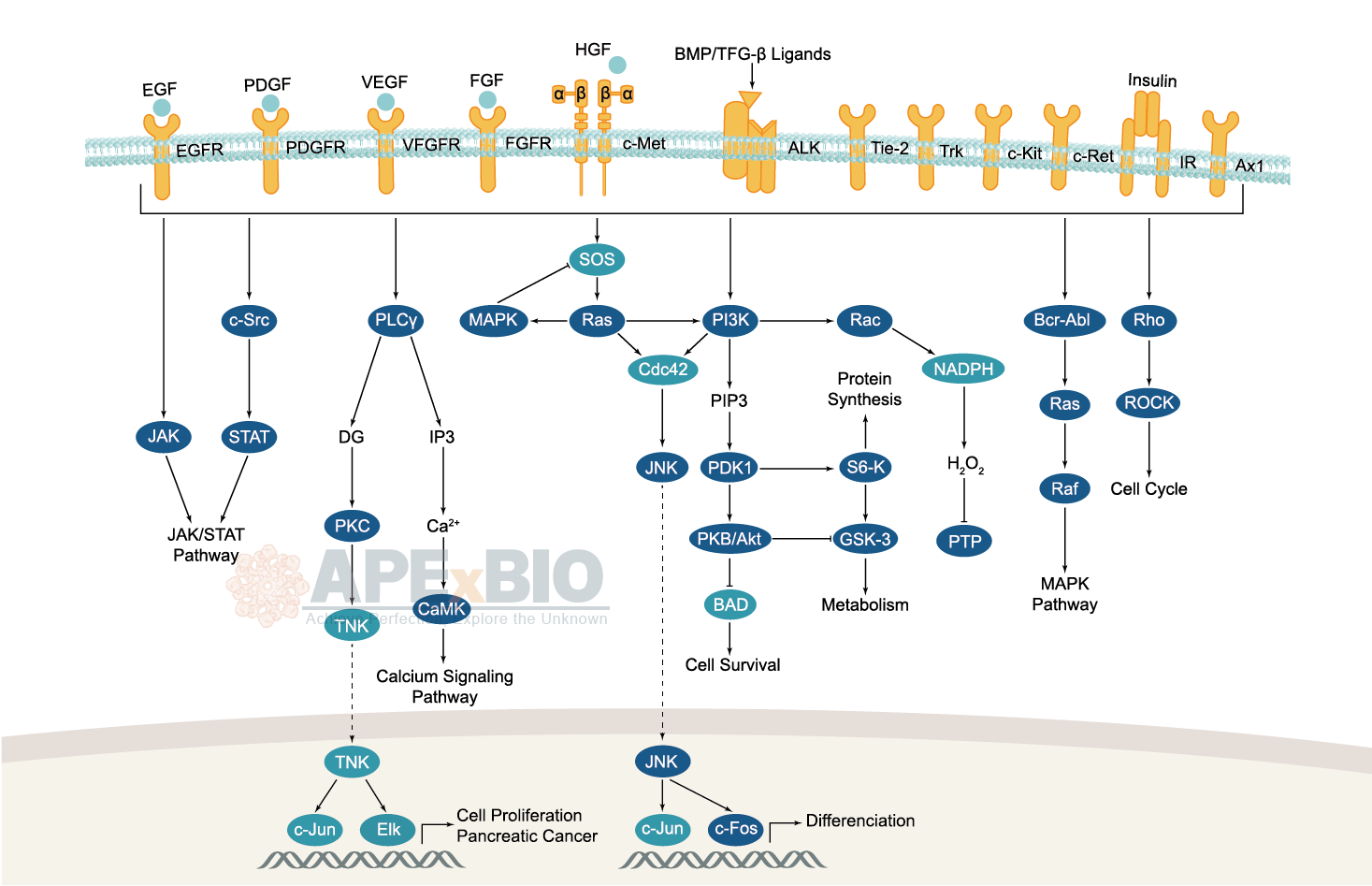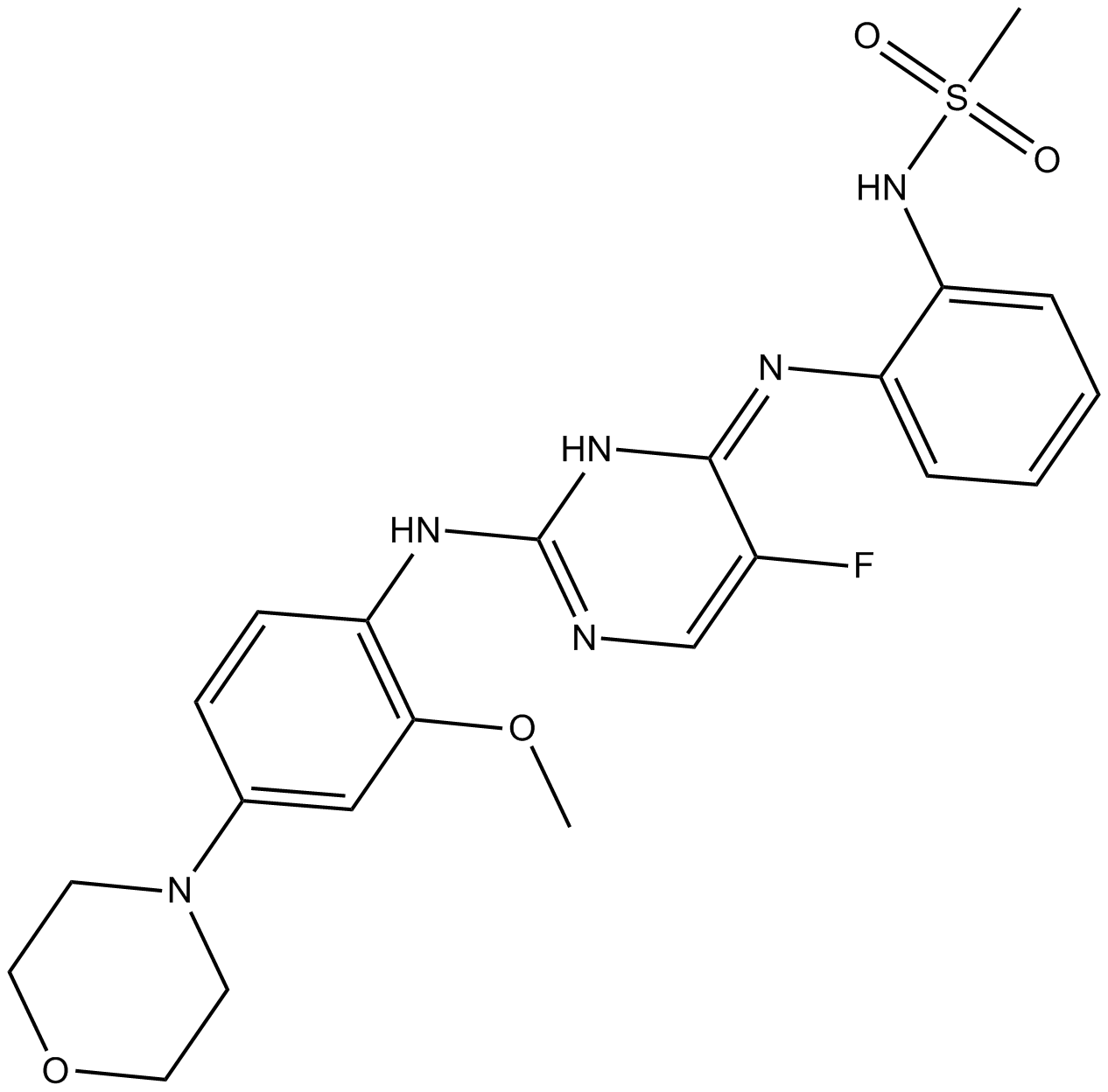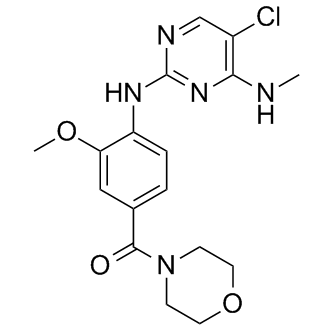Tyrosine Kinase

Receptor tyrosine kinases bind to extracellular ligands/growth factors, which promotes receptor dimerization and autophosphorylation of receptor tyrosine residues. This triggers a cascade of downstream events through phosphorylation of intracellular proteins that ultimately transduce the extracellular signal to the nucleus, causing changes in gene expression. Receptor tyrosine kinases include EGFR/ErbB, PDGFR, VEGFR, FGFR and MET subfamilies etc. Dysfunctions in tyrosine phosphorylation are linked to oncogenic transformation. In additions, various adaptor and effector proteins couple to carboxy-terminal of an active kinase. For instance, binding of the GRB2 adaptor protein activates EGFR and MAPK/ERK signaling.
Non-receptor tyrosine kinases involve many well-defined proteins (e.g. the Src family kinases, c-Abl, and Jak kinases) and other kinases which regulates cell growth and differentiation. For example, Src family kinases are curial for activating and inhibitory pathways in the innate immune response.
-
 B4633 GNE0877Target: LRRK2Summary: Potent and selective LRRK2 inhibitor
B4633 GNE0877Target: LRRK2Summary: Potent and selective LRRK2 inhibitor -
 B4635 CZC-25146Target: LRRK2Summary: LRRK2 inhibitor
B4635 CZC-25146Target: LRRK2Summary: LRRK2 inhibitor -
 B1262 HG-10-102-011 CitationTarget: LRRK2Summary: LRRK2 inhibitor
B1262 HG-10-102-011 CitationTarget: LRRK2Summary: LRRK2 inhibitor -
 A3558 LRRK2-IN-11 CitationTarget: LRRK2|DCLK2Summary: LRRK2 inhibitor,cell-permeable and ATP competitive
A3558 LRRK2-IN-11 CitationTarget: LRRK2|DCLK2Summary: LRRK2 inhibitor,cell-permeable and ATP competitive

